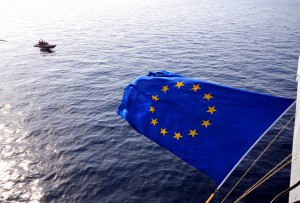That a Serb Question in Yugoslavia was really acute problem became clear on April 24th, 1987 [...]
slovenia
A new 1991 year started with a fear of the escalation of the political conflicts into a...
The destruction of the Serbian economy, by the Serbian Government, on the orders of Washington and Brussels,...
Yugoslavia was a multinational country with different national and ethnic groups coexisting together and two dominant nations...
The article deals with relations between on the one hand the supporters of pan-European identity, which has...
Markul argued that real Tito
lost the middle finger and index finger of the left hand. He...










